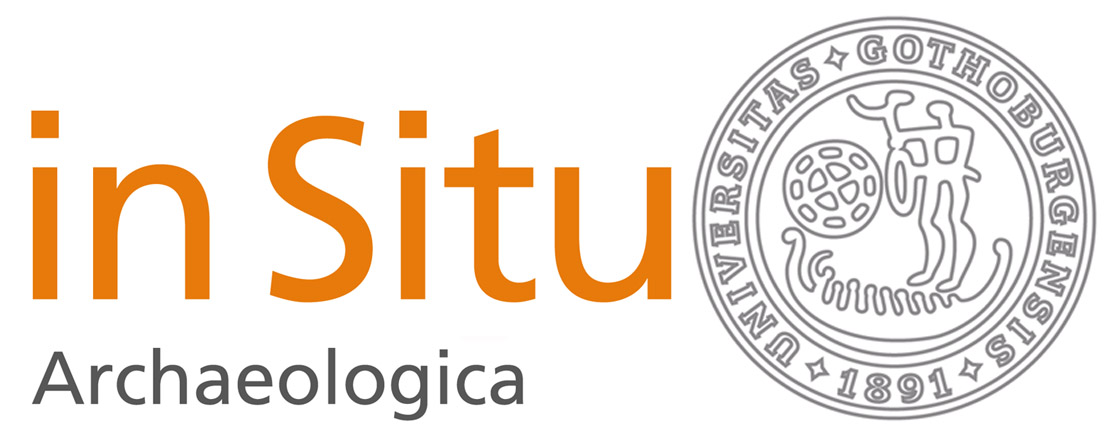Samhällen i förändring 300–700 e.Kr.
ekonomisk kris eller social nyordning?
DOI:
https://doi.org/10.58323/insi.v10.13279Keywords:
Population decrease, Settlement analysis, Migration Period, SSocial and political process, Social organizationAbstract
The aim of this article is to discuss the consequences of a decrease of population in the settled country south of today’s city of Malmö, A D 300–700. This development is interpreted as a dramatic reduction of settlements reflected in the number of farms and the sizes of long-houses. In A D 500–700 the settled area was of minimal extent. This was part of a general decrease of population, farms and settlements in Scandinavia during the Migration Period. The causes and effects of this decline are still under discussion. It
is however clear that the collapse of the social hierarchies and economies of the local communities south of Malmö had the consequence that the diminishing population did not take part in the regional social and political process towards an integrated and centralized social organization in southwest Scania.
Downloads
Downloads
Published
How to Cite
Issue
Section
License
Authors contributing to In Situ Archaeologica agree to publish their articles under a Creative Commons License. This gives third party different rights to use the material under certain conditions. These rights is defined by which license the article is published and it is the third partly responsibility to ensure that the license is fullfilled in any re-use of the material. Authors always retain copyright of their work and any re-use of the material presumes that appropriate credit is given the author, a link is provided to the license, and any changes made are clearly indicated.



